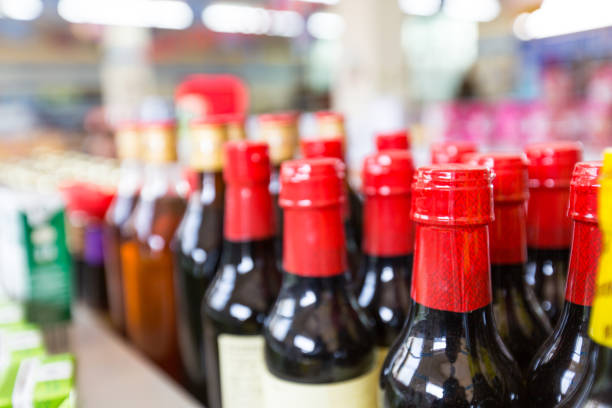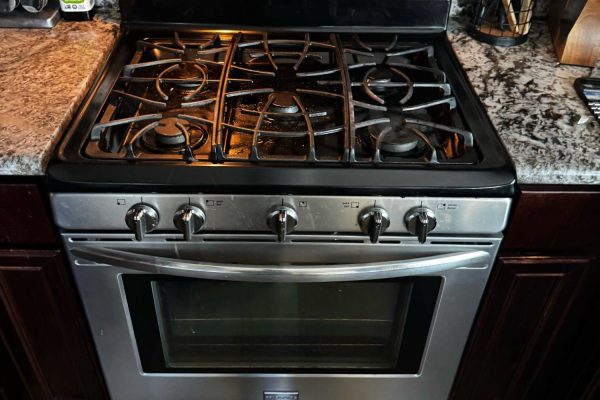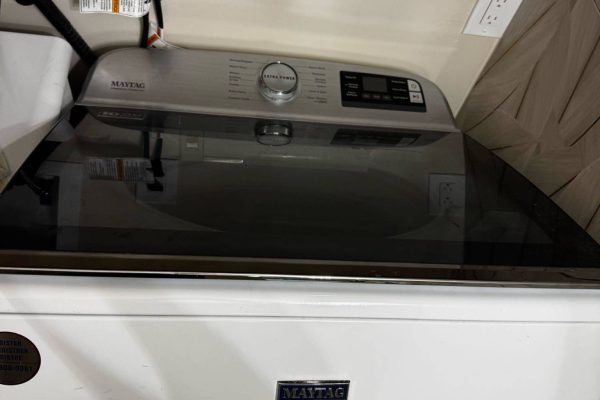Wine coolers, also known as wine refrigerators or wine cellars, are essential appliances for wine enthusiasts. They provide a controlled environment to store and age wine properly, ensuring it maintains its flavors and aromas. Central to the operation of wine coolers is the compressor, a vital component responsible for cooling the unit. Compressor failure can be a significant issue, potentially affecting your wine collection’s quality. In this article, we’ll explore the causes, signs, and solutions for compressor failure in wine coolers.
Understanding the Compressor in Wine Coolers
Before delving into compressor issues, it’s helpful to understand the compressor’s role in a wine cooler:
Cooling Process: The compressor is responsible for cooling the refrigerant gas, which circulates through the wine cooler’s system. As the refrigerant gas cools down, it absorbs heat from inside the wine cooler, creating the desired low temperature for wine storage.
Pressure Change: The compressor compresses the refrigerant gas, which increases its pressure. This high-pressure gas then flows through coils or tubes, where it releases heat and returns to a low-pressure state.
Cycle Continuation: This cooling cycle continues, maintaining a consistent temperature inside the wine cooler.
Common Causes of Compressor Failure
Compressor failure can result from various factors, including:
- Wear and Tear: Like any mechanical component, compressors have a limited lifespan. Over time, the wear and tear on internal parts can lead to reduced efficiency or complete failure.
- Overheating: Compressors generate heat during operation. If they become too hot due to poor ventilation or excessive use, it can damage internal components and lead to failure.
- Electrical Issues: Problems with the electrical supply or components, such as a faulty start relay or capacitor, can cause the compressor to fail.
- Refrigerant Leaks: Low refrigerant levels can force the compressor to work harder, potentially leading to overheating and failure. Refrigerant leaks should be addressed promptly.
- Voltage Fluctuations: Fluctuations in voltage or power surges can harm the compressor and other electrical components in the wine cooler.
Signs of Compressor Failure
Recognizing the signs of compressor failure is crucial for addressing the issue promptly and preventing further damage to your wine cooler and wine collection. Here are common signs to watch for:
- Increased Temperature: The wine cooler fails to maintain the desired temperature, causing a noticeable increase in internal temperature.
- Unusual Noises: Compressor issues can lead to unusual noises such as clicking, buzzing, or knocking sounds.
- Frequent Cycling: The compressor may cycle on and off more frequently than usual, indicating a problem with its operation.
- Hot Exterior: The exterior of the wine cooler may feel excessively hot, suggesting that the compressor is struggling to cool the unit.
- Wine Spoilage: If you notice changes in your wine’s taste or aroma, it could be a result of temperature fluctuations due to compressor failure.
What to Do When Compressor Failure Occurs
When you suspect or confirm compressor failure in your wine cooler, it’s essential to take appropriate steps to address the issue:
- Turn Off and Unplug: To prevent further damage, turn off and unplug the wine cooler immediately.
- Contact a Professional: Compressor replacement and repair are complex tasks best handled by professionals with experience in wine cooler repair. Contact a certified technician or the manufacturer’s service center for assistance.
- Check Warranty: If your wine cooler is still under warranty, review the warranty terms and conditions to determine if compressor replacement is covered. If so, contact the manufacturer to initiate a warranty claim.
- Evaluate Replacement vs. Repair: Depending on the extent of the compressor damage and the age of the wine cooler, you may need to decide between repairing the compressor or replacing the entire unit. A professional technician can provide guidance on the most cost-effective solution.
- Temporary Storage: While your wine cooler is out of commission, consider storing your wine bottles in a cool, dark place with a consistent temperature.
- Preventive Measures: To avoid future compressor issues, practice preventive maintenance. Ensure proper ventilation around the wine cooler, regularly clean the coils and condenser, and invest in a surge protector to safeguard against voltage fluctuations.
Preventive Maintenance for Compressor Health
To extend the life of your wine cooler’s compressor and reduce the risk of failure, follow these preventive maintenance tips:
- Ventilation: Ensure that the wine cooler has adequate ventilation space around it to dissipate heat effectively. Check the manufacturer’s guidelines for recommended clearances.
- Cleaning: Regularly clean the coils and condenser at the back or underneath the wine cooler. Dust and debris buildup can impede airflow and cause overheating.
- Leveling: Ensure that the wine cooler is level and stable. An uneven cooler can strain the compressor.
- Temperature Stability: Avoid frequent temperature adjustments. Fluctuations in temperature can put additional strain on the compressor.
- Surge Protection: Install a surge protector to shield the wine cooler from voltage fluctuations and power surges.
- Professional Maintenance: Schedule periodic professional maintenance to check for refrigerant leaks, electrical issues, and compressor health.
In conclusion, the compressor is a critical component in wine coolers, and its failure can have a significant impact on your wine storage. Understanding the causes and signs of compressor failure, along with practicing preventive maintenance, can help ensure the longevity and optimal performance of your wine cooler. When faced with compressor issues, seek professional assistance to address the problem promptly and protect your valuable wine collection.
If you need expert advice or repair of your appliances, we recommend contacting Poway Appliance Repair Service Centre. Our service center is a leading provider of appliance repair services in Poway.
Our team of skilled technicians has years of experience in repairing and servicing various types of appliances, including washing machines, refrigerators, dishwashers, microwaves, and more. We understand how important it is for you to have working and reliable appliances at home, so our goal is to provide quality and reliable repairs so you can continue to use your devices without unnecessary interruption.
Contact us


